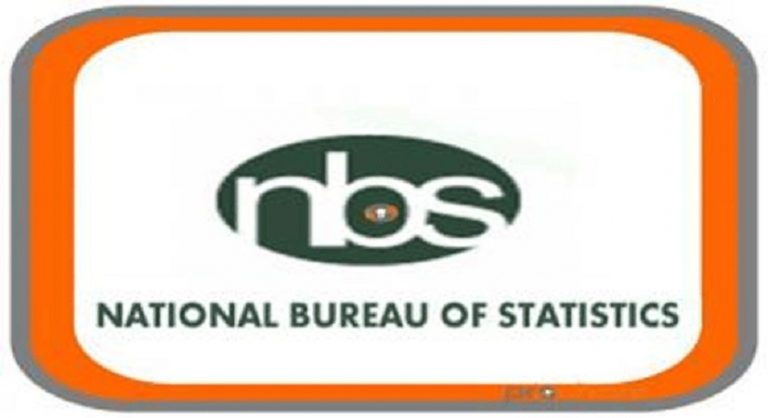
Dr. Yemi Kale, who previously served as the Statistician-General of the Federation and Chief Executive Officer of the National Bureau of Statistics (NBS), has expressed his concerns about the methodology employed to calculate Nigeria’s weekly unemployment rate.
His concern follows an avalanche of criticism on the new methodology applied by the NBS in its latest unemployment rate report, which reduced the employment time from 20 hours to just one hour.
The bureau released its report last week, reducing the unemployment rate to 4.1 percent from 33.1%. The drastic reduction, which comes after about three years of no unemployment report from the NBS, has generated a lot of controversy. The 33.1% unemployment rate was recorded in 2020 under Kale.
Register for Tekedia Mini-MBA edition 19 (Feb 9 – May 2, 2026): big discounts for early bird.
Tekedia AI in Business Masterclass opens registrations.
Join Tekedia Capital Syndicate and co-invest in great global startups.
Register for Tekedia AI Lab: From Technical Design to Deployment (next edition begins Jan 24 2026).
In its latest report, the NBS said that “unemployment stood at 5.3 percent in Q4 2022 and 4.1 percent in Q1 2023.” The bureau explained that the methodology that yielded those figures has been applicable in other developing countries – “where work, even if only for a few hours and in low-productivity jobs, is essential to make ends meet, particularly in the absence of any social protection for the unemployed.”
But like several other experts who have voiced their concern about the methodology adopted by the NBS, Kale said it would deceive policymakers. Kale, who now serves as Chief Economist at KPMG Nigeria, said he resisted the urge to change the country’s unemployment data-gathering methodology during his time as head of the NBS.
The KPMG chief, who during his time as the NBS head, revealed that was under pressure from the government to publish incorrect figures, spoke on Monday during an interview on Arise Television’s Global Business Report.
He stated that the committee responsible for reassessing the minimum count of work hours for classification as employed believed that attributing just one hour per week did not hold merit, as the income earned during such a short duration might not be sufficient for sustenance.
“I resisted (to change the model for unemployment methodology) for 10 years because it did not make any sense in terms of providing the information that our policymakers need.
“So the 20 hours was set because the committee that was set up, which included the ILO, presented their findings and they decided that one hour did not make sense because the income you will generate on an average from one hour’s work was not going to work.
“The 20 hours was decided on because it was agreed that if you work for that duration, you might be able to generate enough income that might sort of equate to what working one hour in the US is. Then you have a bit more comparison.
“If the policy and data are to match, policymakers need to come out to say that all they are promising Nigerians is one hour of employment, then the methodology works. But if the methodology is focused on one hour and policymakers are trying to look for full-time employment, the data won’t help them. And is only there for textbooks, researchers, and international comparison, and there is nothing wrong with that.
“But policymakers can’t use it, and I must repeat that the most important use of data is to provide information for policy not for international comparison,” he said.
Going by Nigeria’s monthly minimum wage of N30,000, an hourly wage will yield less than N100. This, experts believe, makes the 4.1% unemployment rate figure published by the NBS unrealistic, as the value of the earning doesn’t cover any household need.



